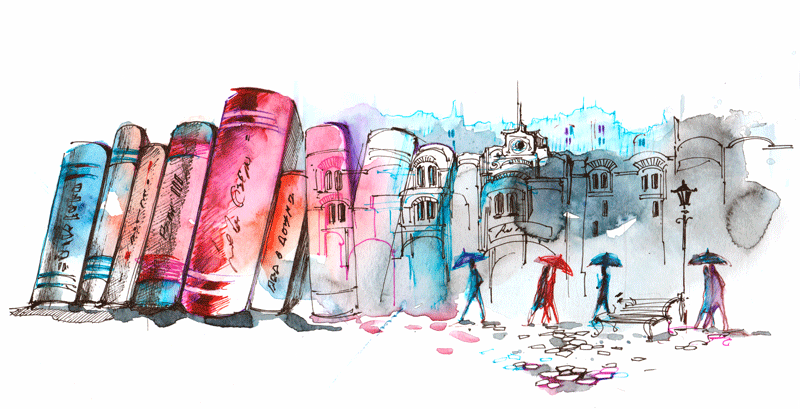
I still look at bookshelves when I visit other people’s houses. Do they read fiction or non-fiction? What genre do they read in? Do the books look read, or are they there for show? Is their collection eclectic, or is it specific to a genre/subject? Hardback or paperback?
I don’t realise I’m thinking about these things, but I do.
I looked at my own bookshelves today. Everything in them is old. My paperbacks—science fiction, fantasy and mystery—are yellowed, and 70s, 80s and 90s vintage. My non-fiction includes a 1994 ‘C++ How to program’ (Dietel and Dietel, for those older coders out there), more computer books from the same era, and an eclectic set of whatever I was interested in around the same time, including a book of silviculture.
The few new books are mostly unread. We have one shelf—which used to be double-stacked but isn’t any more—of S. K. Dunstall books (funny that), and various random books we’ve picked up from places or that have been given to us that we haven’t read and probably won’t read because we’re not really interested in them. We keep them for visitors who might enjoy them.
Even our music CDs stop at the nineties.
Frankly, all these shelves are dust catchers now. Not to mention junk collectors. As well as having all these old books, the shelf just next to my desk has two old iPads, three dead laptops, an unused router, and old computer cables. I’m sure the cables breed.
Nowadays, my bookshelf is my iPad. I adopted eBooks early, and almost completely right from the start. For a while I’d buy something, read it on the iPad and if I loved it, buy the dead-tree version for the shelves, but I don’t even do that now. No, nowadays I spend that money on another book by the same author.
I think it’s time to accept the future and get rid of some bookshelves.


